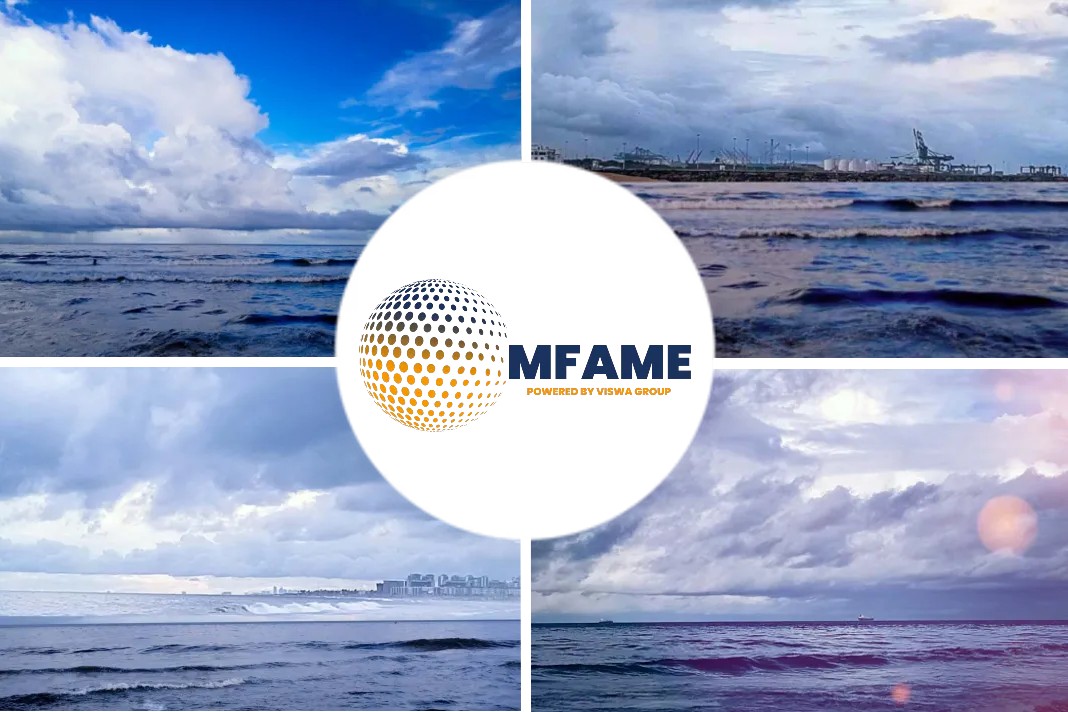- Since 2016, the Chinese shipping company Cosco has been the majority stakeholder in the port of Piraeus.
- As with almost every major employer in Greece, however, the relevant inspection authorities do not seem to be exerting much pressure on Cosco.
- This was also true in Greece, which was hungry for investment.
The dominant owner of the port of Piraeus since 2016 has been the Chinese shipping firm Cosco. This implies that a foreign force rules over Greece’s principal port.
Raging debate
In Germany, a heated debate has been raging about the Chinese state shipping company Cosco buying a minority stake in a container terminal at the port of Hamburg.
Greece, however, seems to have no such concerns.
Since 2011, under pressure from both the debt crisis and the Troika (the European Commission, the European Central Bank and the International Monetary Fund), the Greek government has sold almost all of the country’s important ports and airports to foreign companies.
So far, the Greek government appears to be satisfied with Cosco’s performance at Greece’s main port.
“The Chinese investment in Piraeus is beneficial for both countries,” Prime Minister Kyriakos Mitsotakis said in February 2021, at China’s first summit meeting with the 17 Central and Eastern European countries.
Port upgrade
Piraeus has indeed been upgraded by the Chinese. It is currently the seventh-biggest port in Europe and the largest in the eastern Mediterranean. Workplace conditions are the same as anywhere in Greece and jobs are secure. Cosco operates within the confines of Greek labour law and is, at the very least in theory, subject to inspections by the appropriate authorities, although these take occur infrequently.
Nevertheless, Piraeus unions have frequently criticised the city’s working conditions and are calling for improved safety measures in the wake of a dockworker’s fatal accident on a container pier last year. However, the relevant inspection authorities do not appear to be putting much pressure on Cosco, as they do with practically every other employer in Greece.
Transhipment point for Chinese products
Since Cosco bought into Piraeus, the Chinese state-owned company’s ships have brought more and more goods to the port, and it has now become one of the most important transhipment hubs in the Mediterranean.
This isn’t a problem for other Greek ports, as they don’t compete with Piraeus.
So is Chinese investment in Piraeus a success story?
Only if you have no vision or money for a national port policy of your own, says Costas Chlomoudis, a professor of maritime studies at the University of Piraeus.
In Greece, the situation is completely different.
Piraeus is not Hamburg
Cosco purchased the majority of the port’s shares in Piraeus after paying an initial 51%, which was later increased to 67%. Therefore, the destiny of the port can be decided by the Chinese shipping business. All of the terminals and piers are under Cosco’s authority. According to Chlomoudis, the sale of the port of Piraeus to Cosco was a fatal error in the manner it was handled because, unlike Hamburg, Piraeus is now wholly reliant on China.
Another port that will soon be privatised is the important port of Alexandroupolis in northern Greece. The US is prepared to join in here: Already, the port serves as a significant hub for the transhipment of American weaponry shipments. Chlomoudis has strong criticism for these privatisations, which result in the possession of vital infrastructure by non-EU nations and have significant geostrategic significance for the EU.
Brussels should intervene
The Piraeus professor believes that explicit regulations are necessary. Contracts for concessions must contain a number of requirements in order to protect both national security and EU security. He asserts that geostrategic infrastructure should be subject to the same standards across the EU, including in the ports of Rotterdam, Hamburg, and Piraeus.
Chlomoudis asserts that “We need a common European policy.” “The Commission should view the issue currently under discussion in Germany as a chance to set common standards and safeguard European interests with reference to third countries.”
Privatization as a remedy
At the start of this century, Europe only had one magic remedy for solving economic problems: privatizing infrastructure.
Everything was for sale: ports, airports, water and energy supplies.
This was also true in Greece, which was hungry for investment.
Back then, though, the workforce successfully resisted the takeover.
This was how Cosco obtained a majority stake in the port of Piraeus; the Chinese were the only ones willing to invest at that time.
Fraport can now decide which airport should benefit from investment, and which should not: The Greek state no longer has any say.
Did you subscribe to our newsletter?
It’s free! Click here to subscribe!
Source: Marine Digital






















